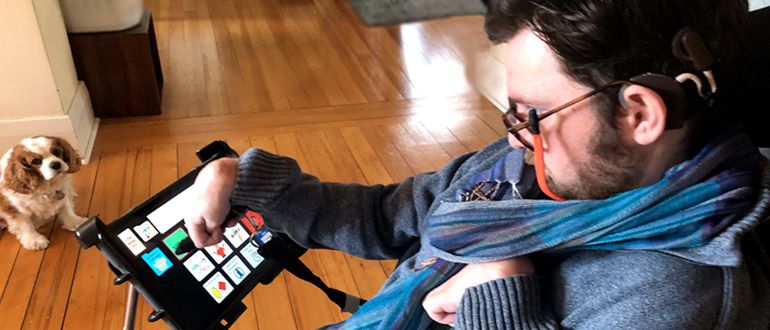
We all know how important it is for all of us to have choice and
control and make decisions about how we live our life. This is important
for our personal wellbeing, freedom and for our sense of self. People
with disability have the same rights to make decisions as everyone
else.
While to date the NDIA rhetoric talks a lot about choice and control,
the reality is many people with disability, particularly people with
cognitive impairment, have been denied the right to make decisions about
their own life.
It is important to know that people with disability can make
decisions with the right support. Some people need additional support,
including access to communication aids, to compensate for
decision-making difficulties.
So what is support for decision making? Support for
decision making describes various types of supports and resources to
help a person with disability make decisions. People who assist a person
with disability with decision making are called ‘decision supporters’. A
decision supporter might be family, a friend, trusted support worker,
support coordinator or other service provider.
It is important the decision supporter knows the person well, has
minimal conflict of interest and supports the person to make their own
decision rather than try to influence.
Decision supporters can assist by breaking decisions down into
smaller, more easy to understand chunks, helping to identify options and
where possible enabling the person to experience and understand the
consequences and practicalities of each option. People with disability
may also require decision supporters to help enact their decisions.
The NDIA’s proposed policy aims to:
While a person with disability may need to build their capacity and
confidence in decision making, it is important that the people around
them also build their understanding, expectation and enable the
opportunities for a person to make decisions.
I am excited to see this renewed focus within the NDIA and the sector
more broadly. This puts the onus back on us to ensure the people we
support are not denied the opportunity to make decisions and are
actively encouraged and supported to do so.
